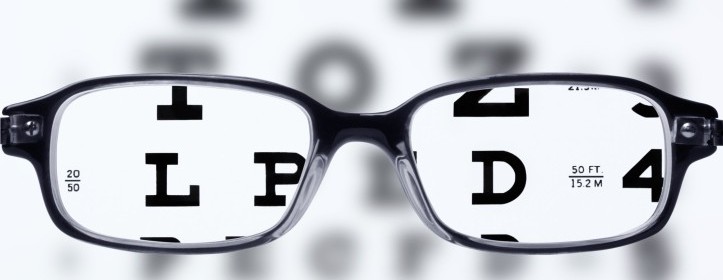Nearsighted children becoming more common

A major new study shows more American children than ever are struggling with myopia, or near-sightedness. A problem pediatric ophthalmologist Dr. Phoebe Lenhart at the Emory Eye Center says they typically see in adults, but not kids. “Myopia or near-sightedness is a condition where you can see things clearly up close but you have trouble seeing at a distance,” says […]
Read more







